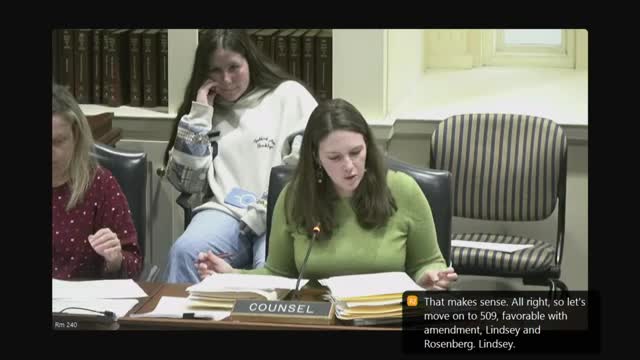Article not found
This article is no longer available. But don't worry—we've gathered other articles that discuss the same topic.
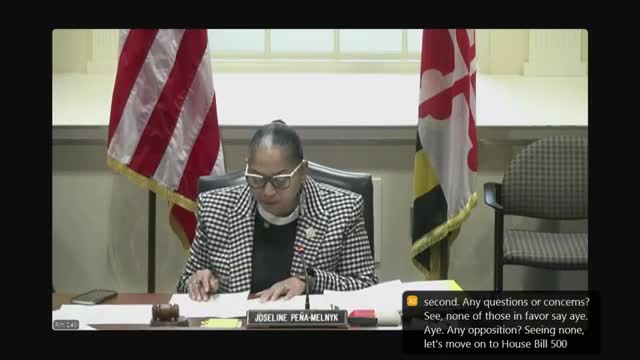
Committee approves broad procurement reform bill with new evaluation factors and BPW study requirement
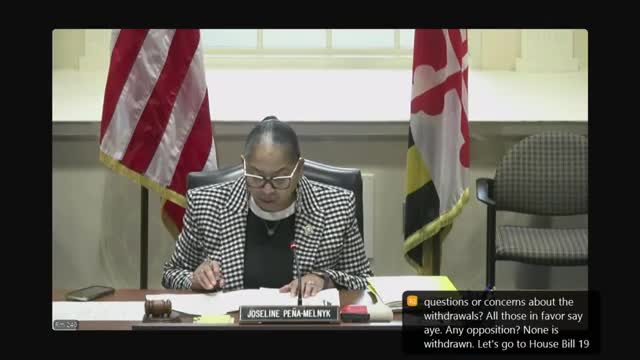
Committee extends State Board of Nursing termination date, expands nurse repayment and preceptorship rules
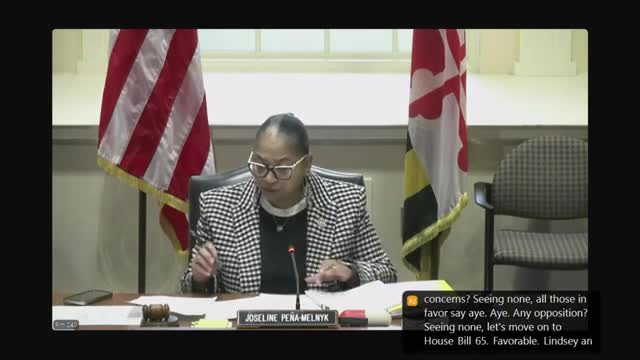
Committee advances a slate of minor and ceremonial health-related bills in a single voting session
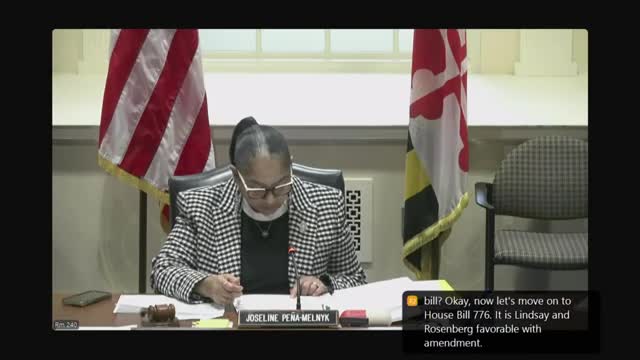
Committee approves broad changes to physician and allied health regulation, increases penalties and revises reporting rules
